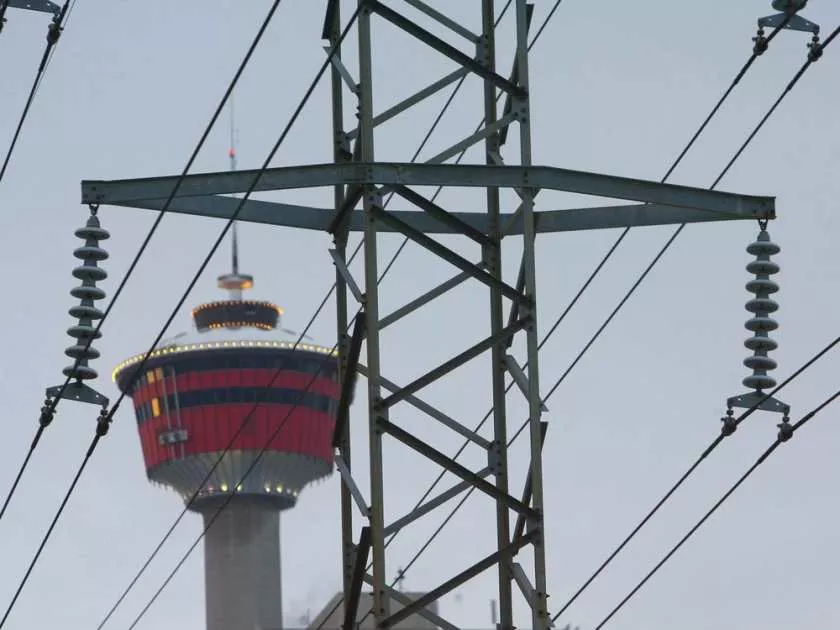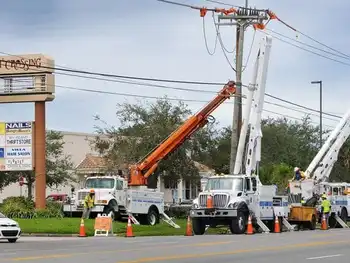Air-raid style nuclear siren called too noisy
Forty-six air-raid-style sirens, purchased for $1.6 million more than a year ago for Pickering and Darlington nuclear stations, are gathering dust in an Ajax warehouse while Pickering politicians try to come up with an alternative that doesn't make as much noise.
"There is some urgency to get this issue resolved quickly," said Clarington Mayor John Mutton. "The Canadian Nuclear Safety Commission has asked why we do not have a siren alerting system in place."
In Pickering, local opposition to the 27 planned sirens has been strong in the Bay Ridges and West Shore communities, where residents feel the sirens would lower property values and possibly create panic if they ever sounded.
"I'm 100 per cent against them (sirens)," said Doug Dickerson, city councillor for the area. "They are archaic, World War II-vintage, like those used during the air raids over London," he said in an interview.
A viable system is required by Ontario's and Durham's nuclear emergency plans and could be an issue when the Canadian Nuclear Safety Commission meets Feb. 23 for the first stage of the plant's licence renewal.
The Town of Ajax has already given the okay to install two of the sirens on its border with Pickering, and Clarington has agreed to 17 on mostly agricultural land around the Darlington station.
Pickering Mayor Dave Ryan said his city expects to have an alternative alerting plan to offer before the end of the month.
"If we do, it will be a smaller system and less intrusive," he said in an interview.
Pickering hired its own engineering firm to do a "peer review" of the regional alerting plan: the first draft of that document is being kept under wraps while the city studies it.
At the last safety commission hearing on the Pickering station in February 2003, commission president Linda Keene asked Ontario Power Generation to come up with a "complete plan" for sirens to warn as many as 200,000 people of any accident requiring evacuation. Ontario Power Generation, which is picking up the sirens' cost, says it is up to local and provincial emergency planners to come up with an effective system.
"We will support whatever design they come up with for the region," said OPG spokesperson John Earl.
Related News

Should California classify nuclear power as renewable?
SAN FRANCISCO - Although he admits it's a long shot, a member of the California Legislature from the district that includes the Diablo Canyon nuclear plant has introduced a bill that would add nuclear power to the state's list of renewable energy sources.
"I think that nuclear power is an important component of generating large-scale electricity that's good for the environment," said Jordan Cunningham, R-San Luis Obispo. "Without nuclear as part of the renewable portfolio, we're going to have tremendous difficulty meeting the state's climate goals without a significant cost increase on electricity ratepayers."
Established in 2002, California's Renewables Portfolio Standard spells…




